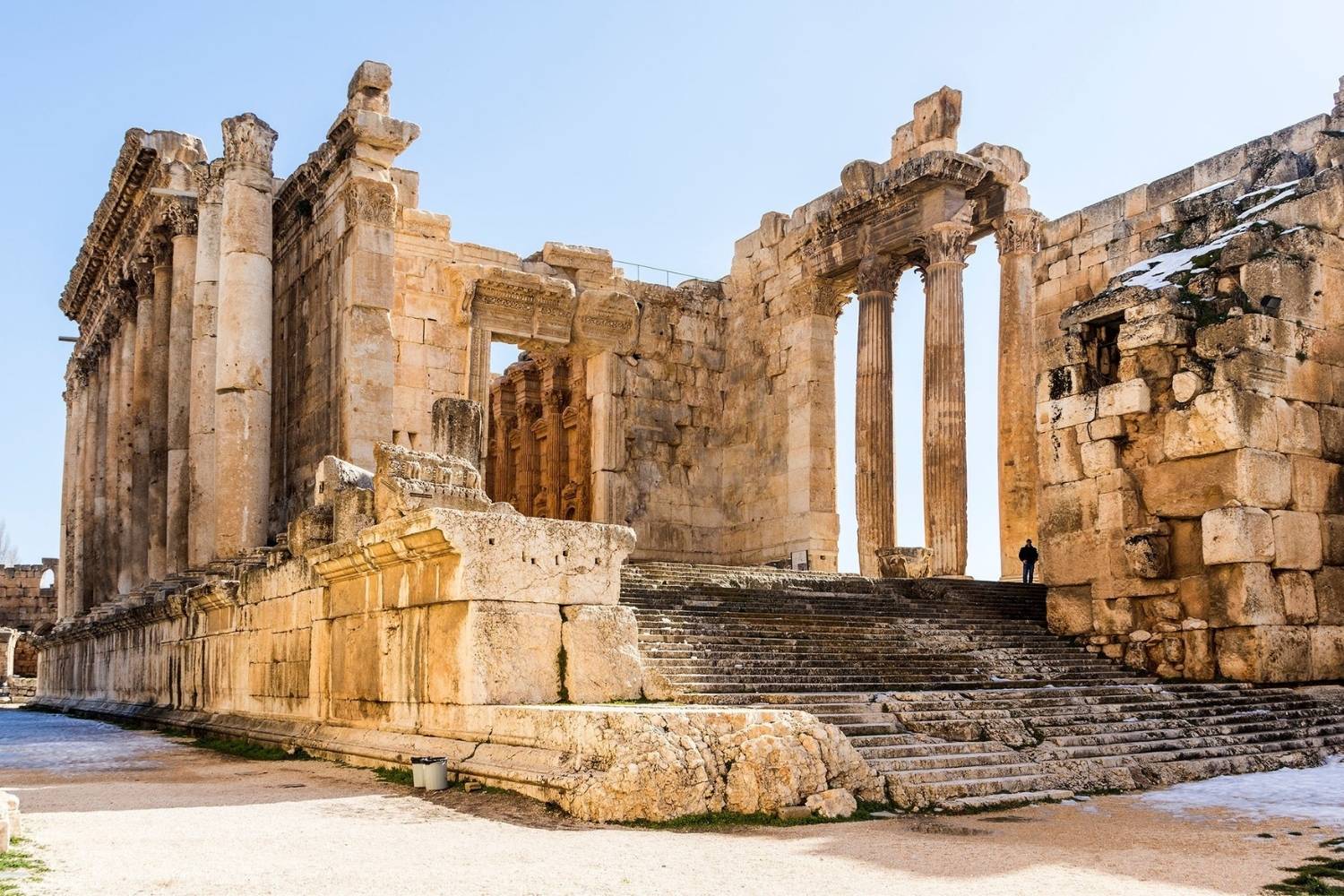
What is Hermeticism? Hermeticism is a spiritual, philosophical, and esoteric tradition based on writings attributed to Hermes Trismegistus. Rooted in ancient Egypt and Greece, it blends elements of mysticism, alchemy, astrology, and theurgy. Hermetic texts, like the Corpus Hermeticum, explore themes of divine wisdom, the nature of the cosmos, and the human soul's journey. Central to Hermetic belief is the idea that humans can achieve spiritual enlightenment through knowledge and inner transformation. This tradition has influenced various religious and philosophical movements, including Gnosticism, Renaissance magic, and modern occultism. Understanding Hermeticism offers a glimpse into a rich tapestry of ancient wisdom and its enduring impact on contemporary thought.
What is Hermeticism?
Hermeticism is a spiritual, philosophical, and esoteric tradition based primarily on writings attributed to Hermes Trismegistus. This tradition has influenced various religious and philosophical systems throughout history. Let's dive into some fascinating facts about Hermeticism.
-
Hermes Trismegistus is a legendary figure who is said to be a combination of the Greek god Hermes and the Egyptian god Thoth.
-
The Hermetica are a collection of texts attributed to Hermes Trismegistus. These writings cover topics like alchemy, astrology, and theurgy.
-
The Emerald Tablet is one of the most famous Hermetic texts. It contains the phrase "As above, so below," which signifies the interconnectedness of the macrocosm and microcosm.
-
Alchemy is a significant aspect of Hermeticism. Practitioners believed in transforming base metals into gold and achieving spiritual enlightenment.
-
The Kybalion is a modern Hermetic text published in 1908. It outlines seven Hermetic principles, including Mentalism, Correspondence, and Vibration.
Historical Influence of Hermeticism
Hermeticism has left a lasting impact on various cultures and intellectual movements. Here are some key historical influences.
-
Renaissance Thinkers like Marsilio Ficino and Giovanni Pico della Mirandola were heavily influenced by Hermetic texts, which they believed contained ancient wisdom.
-
Alchemy and Science: Many early scientists, including Isaac Newton, studied alchemy and Hermetic principles, believing they could unlock the secrets of the universe.
-
Freemasonry: Hermeticism has influenced various secret societies, including Freemasonry, which incorporates Hermetic symbols and teachings.
-
Rosicrucianism: This mystical society, which emerged in the early 17th century, was deeply rooted in Hermetic principles and alchemical symbolism.
-
The Enlightenment: Hermetic ideas contributed to the intellectual climate of the Enlightenment, promoting the pursuit of knowledge and personal transformation.
Core Beliefs and Practices
Hermeticism encompasses a wide range of beliefs and practices aimed at spiritual growth and understanding. Here are some core elements.
-
The All: Hermeticism teaches that there is a singular, divine source of all existence, often referred to as "The All."
-
Mentalism: This principle states that "The All is Mind," meaning that the universe is a mental creation of the divine.
-
Correspondence: The famous Hermetic axiom "As above, so below" reflects the belief in a correspondence between different levels of reality.
-
Vibration: Everything in the universe is in constant motion and vibration, according to Hermetic teachings.
-
Polarity: Hermeticism teaches that everything has its opposite, and understanding these polarities is key to spiritual growth.
Hermetic Symbols and Texts
Symbols and texts play a crucial role in Hermeticism, conveying complex ideas through imagery and allegory.
-
The Caduceus: This symbol, featuring two serpents entwined around a staff, is associated with Hermes and represents balance and duality.
-
The Ouroboros: Depicting a serpent eating its own tail, this symbol represents the cyclical nature of existence and the unity of all things.
-
The Hermetic Seal: Often used in alchemical texts, this symbol combines various elements to represent the unity of opposites.
-
The Corpus Hermeticum: This collection of texts includes dialogues between Hermes Trismegistus and his disciples, covering topics like the nature of the divine and the cosmos.
-
The Asclepius: Another important Hermetic text, it focuses on the nature of the gods and the human soul.
Modern Hermeticism
Hermeticism continues to influence contemporary spiritual and philosophical movements. Here are some modern developments.
-
The Hermetic Order of the Golden Dawn: Founded in the late 19th century, this magical order incorporated Hermetic principles into its rituals and teachings.
-
New Age Movement: Many New Age practices, such as astrology and crystal healing, draw on Hermetic concepts and symbols.
-
Psychology: Carl Jung, the famous psychologist, was influenced by Hermeticism and alchemy, which he saw as metaphors for psychological transformation.
-
Occult Literature: Modern occult writers like Aleister Crowley and Dion Fortune have drawn on Hermetic principles in their works.
-
Online Communities: Today, Hermeticism has a growing presence online, with forums, websites, and social media groups dedicated to exploring its teachings.
The Enduring Mystique of Hermeticism
Hermeticism's rich history and profound teachings continue to captivate minds. From its roots in ancient Egypt to its influence on Renaissance thinkers, this esoteric tradition has left an indelible mark on philosophy, science, and spirituality. The Hermetic principles—like the Law of Correspondence and the Law of Vibration—offer timeless wisdom that resonates even today.
Despite its ancient origins, Hermeticism remains relevant. Its emphasis on personal transformation and the interconnectedness of all things speaks to modern seekers. Whether you're drawn to its mystical aspects or its philosophical insights, Hermeticism provides a unique lens through which to view the world.
Exploring Hermeticism can be a journey of self-discovery and enlightenment. Its teachings encourage us to look within, understand the universe's deeper truths, and strive for spiritual growth. Hermeticism's enduring allure lies in its ability to inspire and transform, making it a timeless guide for those seeking wisdom.
Was this page helpful?
Our commitment to delivering trustworthy and engaging content is at the heart of what we do. Each fact on our site is contributed by real users like you, bringing a wealth of diverse insights and information. To ensure the highest standards of accuracy and reliability, our dedicated editors meticulously review each submission. This process guarantees that the facts we share are not only fascinating but also credible. Trust in our commitment to quality and authenticity as you explore and learn with us.
